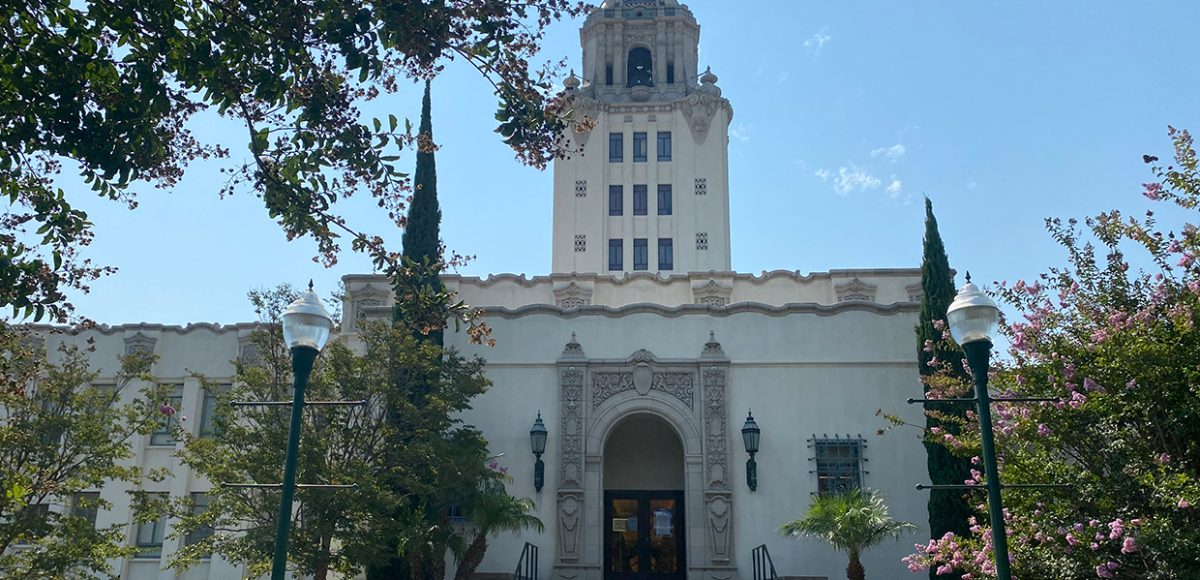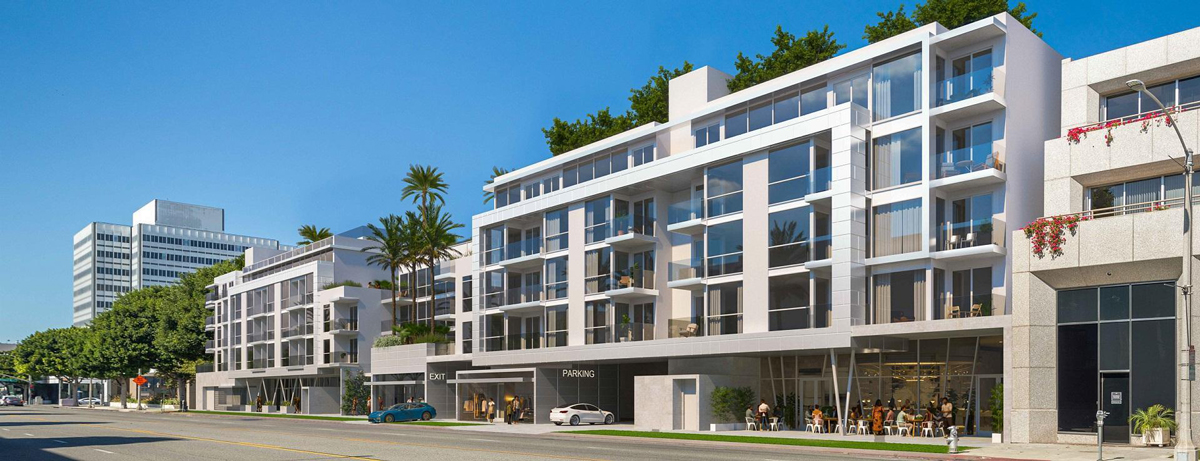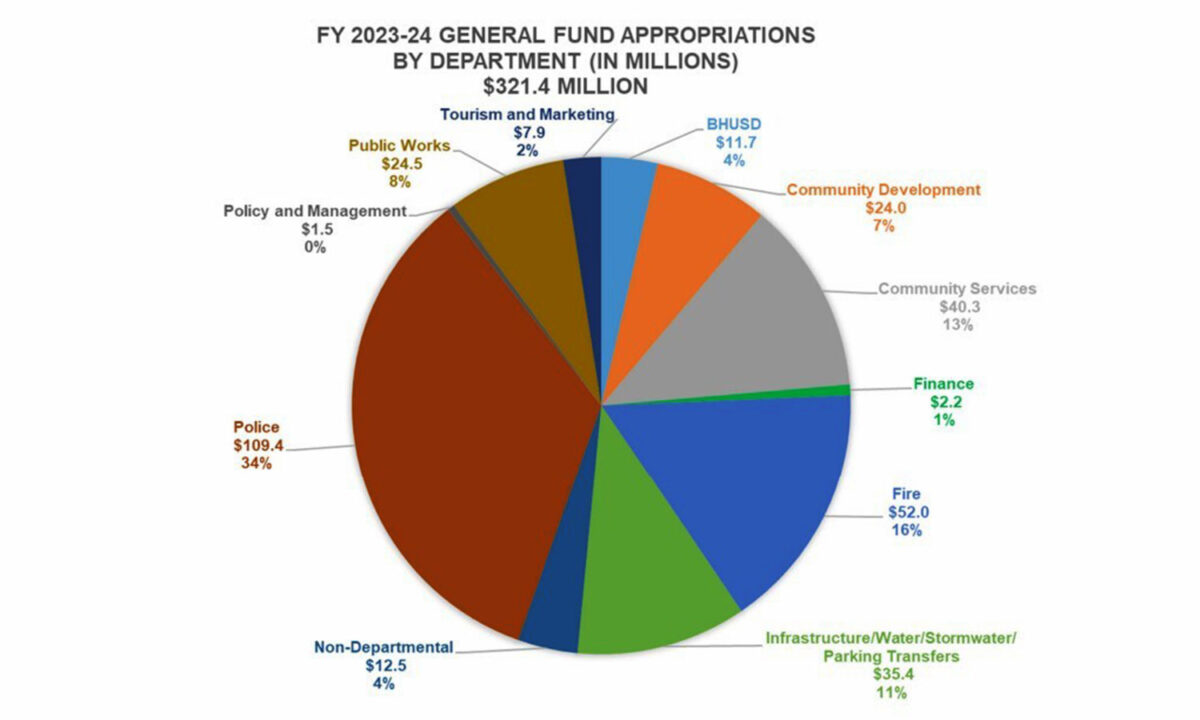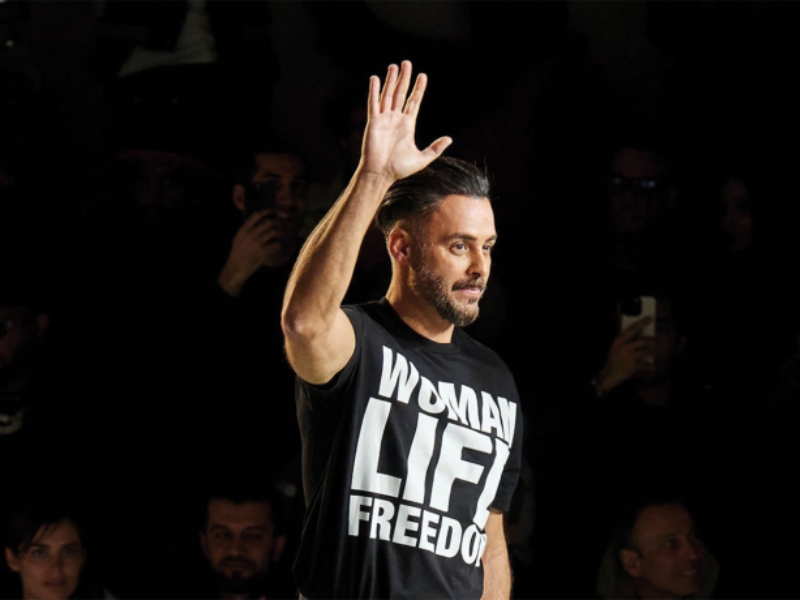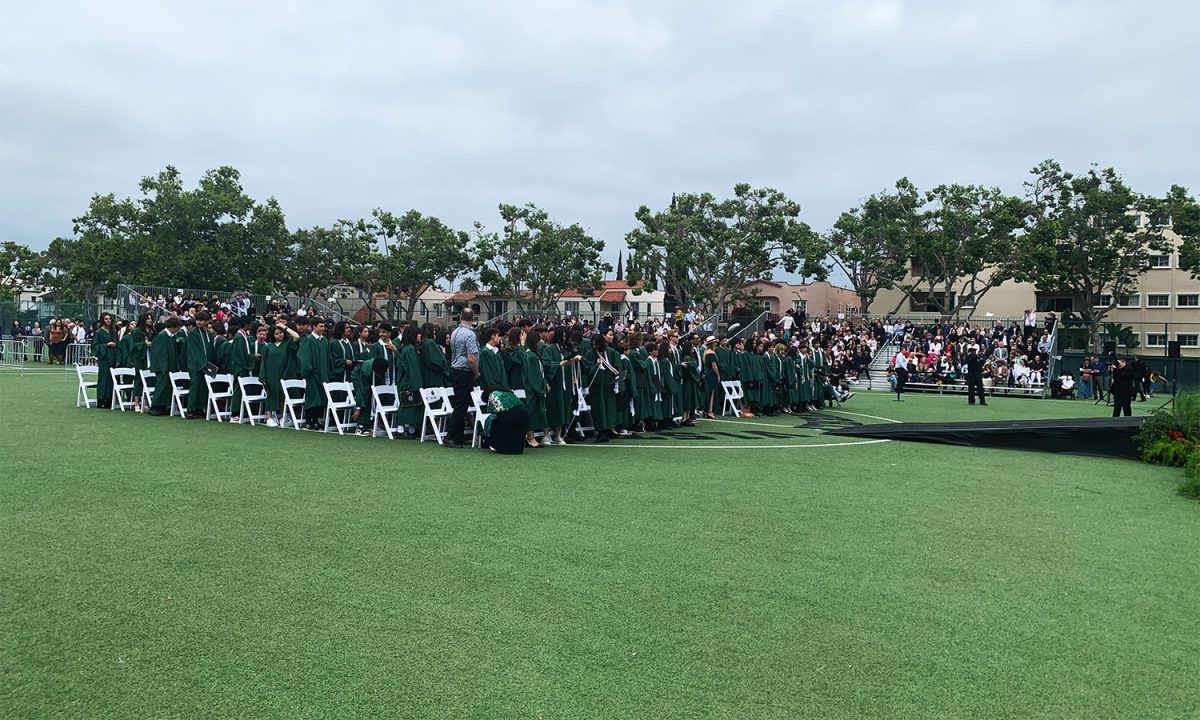Even as the Beverly Hills City Council grappled with the economic impact of COVID-19 in its Aug. 18 City Council Meeting, it approved a Capital Improvement Plan of $73.8 million – an increase of roughly $5 million from the year before. The figure, which includes last minute COVID-19 related reductions, contains $15 million already earmarked for the Rodeo Station of the Metro Purple Line.
“If you netted that out, you’re really only appropriating about $58.8 million in new sources,” said Budget Revenue Officer Don Harrison.
Long before the Novel Coronavirus was even a twinkle in the eye of 2020, the Beverly Hills City Council’s budget for fiscal year 2019-2020 left the City with a surplus of over $10 million.
“After COVID-19 hit and the economy was greatly impacted, we expect to close the year with a very modest surplus of $500,000,” Harrison told the Council.
This came after the City identified $24.4 million in CIP funds that could be reduced in fiscal year 2019-2020.
Reflecting the harsh economic reality going forward, the City expects a significant fall in revenue in fiscal year 2020-2021, budgeting for $227 million. For comparison, the City expects to take in a total of more than $268 million in fiscal year 2019-2020.
“This is the context in which we developed the CIP, recognizing this shortage of funds for the next year,” said Harrison.
The City had already begun drafting a proposed CIP budget for fiscal year 2020-2021 when the Novel Coronavirus swept across the globe. That initial plan, drafted in considerably different economic conditions, anticipated a 5-year budget of $428 million. But after the City was forced to return to the drawing board, that number shrank to $376 million.
“Among the proposals rescinded were projects that do not affect the public and can be put off until substantial economic recovery has been achieved,” the staff report stated, citing tenant improvements at City Hall Tower and a remodel of the second floor of the Public Works building.
The largest expenditure in the Capital Improvement Plan is the Metro Rodeo Station North Portal with a price tag of $15 million. That is followed up by the La Brea Basin Well Development, which will provide the City with an additional water source at a cost of $13 million.
Additionally, the budget allows the City to continue making building and park improvements, ADA upgrades and other restorative changes at Greystone, a seismic retrofit at City Hall Tower, and expansions to the City’s network of CCTV cameras. The budget also includes fixes to sidewalks along Robertson Boulevard, installation of stormwater filtration systems, and a water main replacement along Coldwater Canyon Drive. The CIP also promises to reconstruct the roadway and potentially include a new lane to optimize safety.
The presentations began with a recap of accomplishments for the previous fiscal year. “In spite of the fact that FY 2019/20 brought significant hardships and obstacles,” the staff report read, “the City nonetheless achieved great success in its efforts towards its capital improvement goals.”
The City highlighted the plugging of 17 of 19 oils wells near Beverly Hills High School, completed rehabilitation projects at the Greystone Mansion, renovations at Fire Station #1, and improvements to the Third Street tour bus loading zone. Additionally, the City repaved nearly four miles of alleys, repaired nearly 13 miles of sidewalk, and lined about 36,500 feet of sewer mains.
“Overall,” the staff report concluded, “it was a very productive year for achievement of capital improvement projects despite the impact of the onset of the COVID-19 pandemic.”
Local business owners called in to the meeting to voice support for the “Citywide Decorative Lighting & Holiday Decorations” portion of the budget, which bears a cost of $1.8 million. “I am calling in tonight on behalf of myself and the committee with the overwhelming support of the citywide lighting and holiday decor as a part of the Capital Improvement Project,” said Kathy Gohari, V.P. of the Rodeo Drive Committee. “We understand these are very challenging times. However, the holiday season is very important to us all in many ways.”
This was echoed by Todd Johnson, President and CEO of the Beverly Hills Chamber of Commerce. “We feel the lighting of our city could be even more important this year than almost any year that we’ve had it,” Johnson said. “There is going to be a need for people to get out and to need to feel good.”
“Embedded in this, it’s important to say, is that basic city services are maintained – that things that are obviously important are still here notwithstanding the budget cuts. I include in that the holiday lighting,” Councilmember Dr. Julian Gold said. “This is what we sell: our destination. We want to make this an appealing destination.”
Public artwork is another aspect of the City’s appeal. Also on the Council agenda was a vote to accept a $200,000 donation from the Richard M. Cohen and Andrew S. Cohen Foundation to help acquire artwork from Chinese dissident artist Ai Wei Wei. The piece, “Iron Root, 2015,” consists of a hulking 3,700 pound cast iron sculpture covered in a red-brown patina of rust resembling a plant’s root structure.



